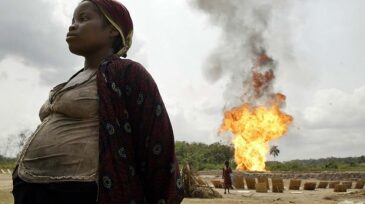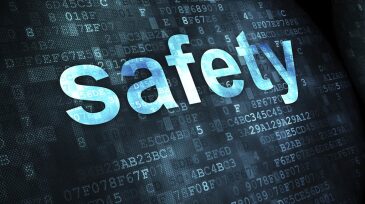Safety
The company said its frequency of serious incidents was down at the end of the year from its levels at the end of 2024.
This paper presents a novel application of artificial intelligence in computer vision for automating blowout-preventer pressure-chart-data extraction, demonstrating significant efficiency gains and a high return on investment.
This paper examines how real-time monitoring can improve both incident prevention and emergency response in the oil and gas industry. Drawing from real-world examples and case studies, it provides practical strategies for implementing this technology effectively.
-
A new study from Harvard identifies human capital metrics measured by global companies but determined many companies don’t disclose them on public reports.
-
Babies in Nigeria are at double the risk of dying before they reach a month old if mothers lived near the scene of an oil spill before conceiving, study shows.
-
President Donald Trump's administration is considering revising parts of offshore drilling safety regulations intended to prevent the type of blowout that led to the 2010 Deepwater Horizon oil spill.
-
As operators seek improved but cost-effective approaches to major accident hazard management, the ability to collect, analyze, and make decisions on real-time data is emerging as a critical factor in identifying developing issues in the condition of assets and how they are operated.
-
The US Department of Labor’s Occupational Safety and Health Administration, which had ceased most programmed enforcement actions following Hurricane Harvey, resumed normal enforcement throughout Texas and Louisiana.
-
What is the reality of risk in the hydrocarbon sector? In this roundtable discussion, senior industry executives discuss what happens when process safety intent meets the reality of operations.
-
A recently published standard addresses the need for a comprehensive set of common requirements for operators and contracting companies at fabrication yards.
-
Not doing process safety tasks correctly the first time can result in grave consequences for you, your co-workers, the community and the environment.
-
Broad agreement on safety and working environment conditions in Norway’s oil industry, and on the measures required in the future, is revealed in a report drawn up by representatives of the employers, unions and government.
-
Safety risks of drilling operations are widespread, with potentially significant consequences. Managing these safety risks is key, and intelligent safety risk software can help.











